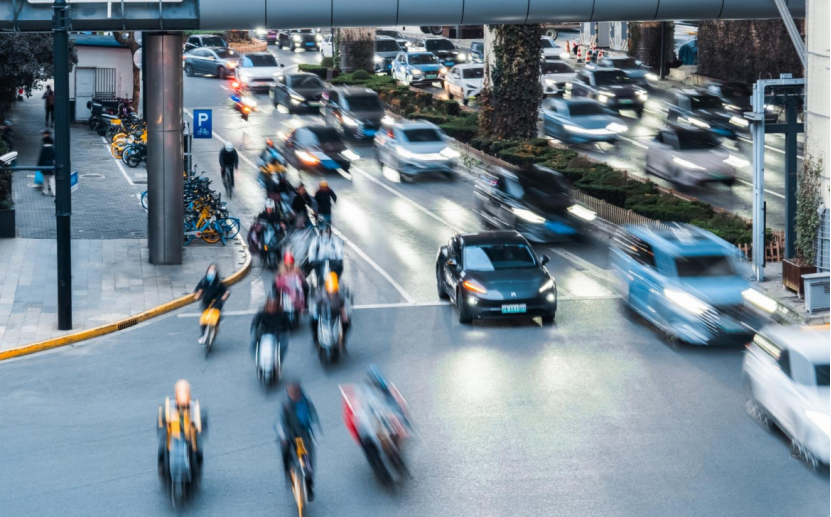On July 18, Autoliv, a Swedish automotive safety product supplier, announced record sales, operating profit, and operating profit margin for the second quarter of this year, thanks to strong sales in the European and North American markets and by passing on the increased tariffs imposed by U.S. President Trump to automotive manufacturers. Despite facing challenges, Autoliv reported a 4.2% year-on-year increase in net sales to $2.714 billion; adjusted operating profit rose 14% year-on-year to $251 million; the adjusted operating profit margin was 9.3%, up from 8.5% in the same period last year. According to Citigroup analysts, Autoliv's adjusted operating profit margin is among the best in the automotive industry; net profit reached $168 million, a 21% increase from $139 million in the same period last year. Autoliv has also raised its organic sales growth forecast for the full year 2025 from 2% in the first quarter to 3%; it expects the adjusted operating profit margin for the full year 2025 to reach between 10% and 10.5%. As the world's largest manufacturer of airbags and seat belts, Autoliv's major customers include Volkswagen Group, Stellantis, and Toyota. Autoliv is one of the first major automotive suppliers to report its financial performance for the second quarter, and its results may serve as a benchmark for other first-tier automotive suppliers. On July 18, Autoliv's CFO Fredrik Westin told Automotive News Europe, "We have successfully passed on most of the tariffs." He added that U.S. tariffs increased from 2% to 25%, affecting materials such as specialty steel, other non-ferrous metals, and electronic components. Westin noted that North America currently lacks access to related resources, and if possible, Autoliv will source these materials domestically in the U.S. Most of the tariffs faced by Autoliv are on products imported from Mexico and Canada to the U.S. Trump has threatened to increase tariffs on products imported from Mexico and Canada to 30% and 35%, respectively, starting in August. When asked about the financial impact of tariffs on Autoliv, Westin frankly stated, "Previously, our global tariffs and tax costs were about $100 million annually. But the current U.S. tariffs have essentially doubled our costs." The tariffs on imported cars are expected to raise vehicle prices by thousands of dollars, leading to a decrease in demand and affecting job growth, which poses a severe blow to the already challenging transition of the automotive industry to electric vehicles. Additionally, Westin emphasized that another positive signal from the second quarter is that 94% of Autoliv's customer orders were completed smoothly, with no cancellations or major changes, a significant improvement from below 90% in the same period last year. "The environment is more stable, which helps us improve operational efficiency."
Autoliv Reports Record Sales and Profits in Q2 Driven by Strong U.S. and European Markets

Share this post on: